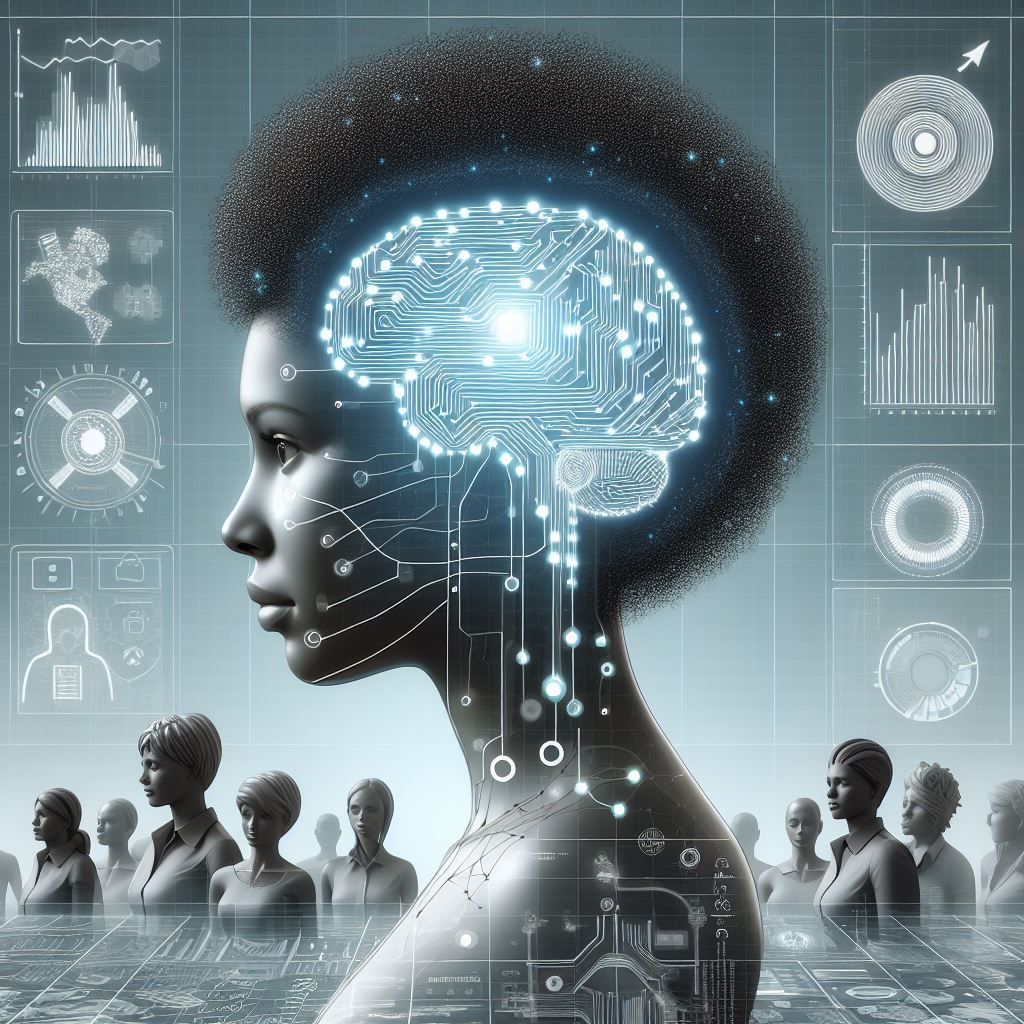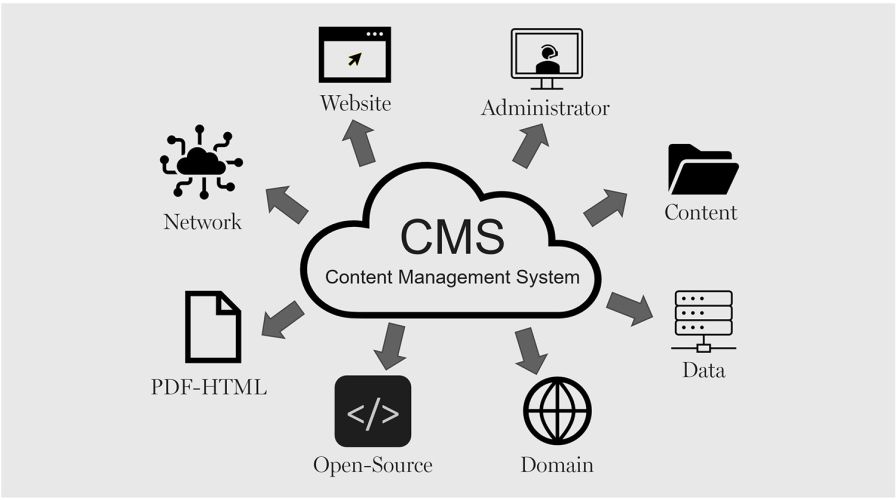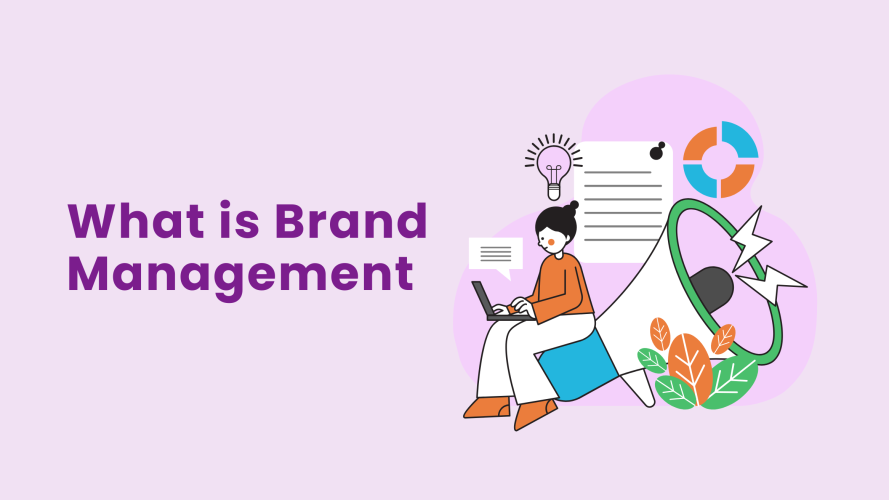Navigating the Digital Age: What is Digital Intelligence (DQ)?
In a world increasingly reliant on technology, a new kind of intelligence is emerging: digital intelligence (DQ). DQ goes beyond just technical proficiency; it’s the ability to thrive in our digital landscape. It encompasses a combination of social, emotional, and cognitive skills that allow us to navigate the complexities of the online world.

The concept of DQ was introduced by the Digital Intelligence Institute in 2016. They define it as “a comprehensive set of technical, cognitive, meta-cognitive, and socio-emotional competencies that are grounded in universal moral values and that enable individuals to face the challenges and harness the opportunities of digital life.” In simpler terms, DQ isn’t just about knowing how to use a smartphone or browse the internet. It’s about using technology responsibly, critically, and creatively. Here’s a breakdown of the key components of DQ:
A Multifaceted Framework Coined by the DQ Institute in 2016, DQ is a comprehensive framework encompassing a range of skills. It’s not simply about knowing how to operate a smartphone or surf the web. Instead, it’s about harnessing technology as a powerful tool for personal and professional growth. Digital Intelligence encompasses four key pillars:
- Cognitive Skills: These are the fundamental building blocks for processing information online. Critical thinking, problem-solving, and information literacy are crucial for evaluating online content, discerning truth from falsehood, and making sounds decisions. In today’s information age, we’re bombarded with a constant stream of data. DQ equips us with the ability to analyze, synthesize, and critically assess information. For instance, when encountering an article online, we can utilize critical thinking to evaluate the source’s credibility, identify potential biases, and verify the information presented.
- Social Skills: The digital world is a vibrant social space, and DQ emphasizes positive and productive online interaction. This includes fostering a culture of respect, avoiding cyberbullying, understanding the nuances of online etiquette and fostering positive digital communities. In this interconnected world, social DQ translates to effective online communication, building healthy digital communities, and collaborating effectively in online environments. It’s about fostering empathy, understanding the impact of our words online, and contributing to a positive digital ecosystem.
- Metacognitive Skills: These skills involve “thinking about thinking.” In the digital realm, metacognition empowers us to be aware of our own cognitive biases, online habits, and susceptibility to misinformation. It allows us to recognize fake news, detect manipulation tactics, and make conscious choices about how we interact with digital information. Metacognition helps us pause and reflect before sharing or reacting to online content. We can ask ourselves: “Is this source reliable? Does this information seem emotionally charged? Have I considered all sides of the issue?” By fostering metacognitive awareness, we can become more responsible consumers and creators of digital content.
- Emotional Skills: The digital world can be emotionally charged, with content that evokes a range of emotions. DQ equips us with the tools to manage our emotions online, build healthy online relationships, and maintain a positive digital well-being. Emotional DQ involves setting boundaries for screen time, maintaining a healthy work-life balance, and being mindful of the impact of technology on our mental health. It’s also about cultivating healthy online relationships through respectful communication and fostering a sense of belonging in online communities.
The Digital Intelligence Quotient can be further deconstructed into eight key areas:
- Digital Identity: How one presents oneself online.
- Digital Rights: Understanding the rights and responsibilities of digital citizens.
- Digital Literacy: This is the foundation of Digital Intelligence, The ability to find, evaluate, utilize, share, and create content using information technologies like using devices, software, and the internet.
- Digital Use: The habits and attitudes related to technology use.
- Digital Communication: The ability to communicate and collaborate with others using digital technologies.
- Digital Safety: Awareness of the risks and threats in the digital world and the measures to mitigate them.
- Digital Emotional Intelligence: The ability to be empathetic and build good relationships with others online.
- Digital Security: The precautions taken to guarantee digital privacy and security.
Developing DQ:
There are many ways to improve your Digital Intelligence:
- Education: Take online courses or workshops on digital literacy, critical thinking, or cybersecurity.
- Practice: Actively engage with technology in a safe and responsible way.
- Stay Informed: Keep up with the latest digital trends and potential risks.
- Be Critical: Don’t blindly accept information online, question everything and verify sources.
- Be Responsible: Think before you post online, be mindful of your digital footprint, and treat others with respect.
Benefits of High Digital Intelligence:
- Increased productivity and efficiency in a digital world.
- Improved online safety and security.
- Stronger digital communication and collaboration skills.
- Better critical thinking and problem-solving abilities.
- Enhanced ability to find and evaluate information online.
- More responsible and ethical online behavior.
Why is Digital Intelligence DQ Important?
DQ is essential in today’s society. Technology is woven into nearly every aspect of our lives, from education and work to communication and entertainment. Having a high DQ allows us to:
The importance of Digital Intelligence in today’s world is immense.
- As we live in a technologically driven world, not developing a certain level of digital intelligence can preclude us from an increasingly digital world.
- Digital intelligence helps individuals to acquire and apply new knowledge and skills related to digital technologies: social, mobile, analytics, artificial intelligence, cloud, blockchain, and cybersecurity.
- It equips individuals with the awareness and knowledge of digital matters, and the acumen and mindset to apply that awareness and knowledge.
- It’s not just a requirement for those setting an organization’s high-level strategy, but it’s also about having a foundational awareness of the current and emerging digital technologies that can impact an organization.
- Be Safe Online: DQ equips us with the skills to protect ourselves from online threats such as cyberbullying, phishing scams, and malware.
- Be Responsible Digital Citizens: DQ fosters responsible online behavior, including proper attribution of information, respectful online communication, and digital privacy awareness.
- Be Empowered Learners: DQ allows us to harness the power of technology for learning and self-improvement. With strong DQ skills, we can critically evaluate online resources and leverage technology to enhance our education.
- Be Creative and Innovative: DQ allows us to explore the full potential of technology for creativity and innovation.
Developing Your Digital Intelligence
The good news is that DQ is a skillset that can be learned and improved. Here are some ways to boost your DQ:
- Become digitally literate: Learn about the different digital tools and platforms available and how to use them effectively.
- Develop critical thinking skills: Question information you find online, verify sources, and be aware of your own biases.
- Practice online safety: Be mindful of what information you share online and use strong passwords.
- Be mindful of your digital well-being: Take breaks from screens and be aware of how technology use affects your emotions.
- Explore online learning: There are many resources available to help you develop your DQ skills.
Why Digital Intelligence Matters:
Unlocking the Potential of Technology In today’s digital world, DQ is no longer a luxury; it’s a necessity. Technology is woven into the fabric of our lives, impacting everything from education and employment to healthcare and social interaction. Here’s how a strong foundation in DQ empowers us:
- Enhanced Online Safety: DQ equips us with the skills to protect ourselves from online threats such as cyberbullying, phishing scams, malware, and online predators. It allows us to navigate the digital world with caution, protecting our privacy and security.
- Responsible Digital Citizenship: A high DQ fosters responsible behavior online. This includes understanding and respecting intellectual property rights, practicing proper attribution of information, and engaging in civil online discourse. Responsible digital citizenship ensures a healthy and productive online environment for everyone.
- Empowered Learners: DQ allows us to leverage the vast resources of the digital world for learning and self-improvement. With strong information literacy skills, we can critically evaluate online resources, identify credible sources, and utilize technology to enhance our educational pursuits.
- Creativity and Innovation: Technology offers endless possibilities for exploration and creation. DQ allows us to unlock the full potential of technology for creative expression, innovation, and problem-solving. It empowers us to utilize digital tools to create content, collaborate on projects, and contribute to a culture of innovation.
- Cultivating Your Digital Intelligence: A Roadmap to Success The good news is that DQ is a skillset that can be honed and developed. Here are some practical steps you can take to boost your Digital Intelligence:
- Embrace Digital Literacy: Learn about the various digital tools and platforms available and how to utilize them effectively. Explore online resources, attend workshops, or take online courses to familiarize yourself with different technologies.
- Sharpen Your Critical Thinking Skills: Become a discerning consumer of information. Develop a questioning attitude, research claims, and verify sources before accepting something as true. Online fact-checking resources and media literacy training can be valuable tools in this process.
- Practice Safe and Responsible Online Behavior: Be mindful of your digital footprint and the information you share online. Think before you post, be respectful of others, and avoid engaging in cyberbullying or spreading misinformation.
- Promote Digital Wellness: Maintain a healthy balance between your online and offline life. Set boundaries for screen time, prioritize face-to-face interaction, and be aware of the potential impact of technology on your mental health.
Conclusion: Digital Intelligence – The Key to Thriving in a Digital World In a world increasingly reliant on technology, Digital Intelligence (DQ) is an essential skill for success. By cultivating the cognitive, metacognitive, social, and emotional aspects of DQ, we empower ourselves to navigate the digital world effectively, responsibly, and creatively. DQ is not just about using technology; it’s about using it wisely to unlock our full potential and shape a brighter digital future. In conclusion, digital intelligence is a vital skill for navigating the complexities of our digital world. By developing our DQ, we can ensure that technology empowers us to live safer, more fulfilling, and productive lives.




